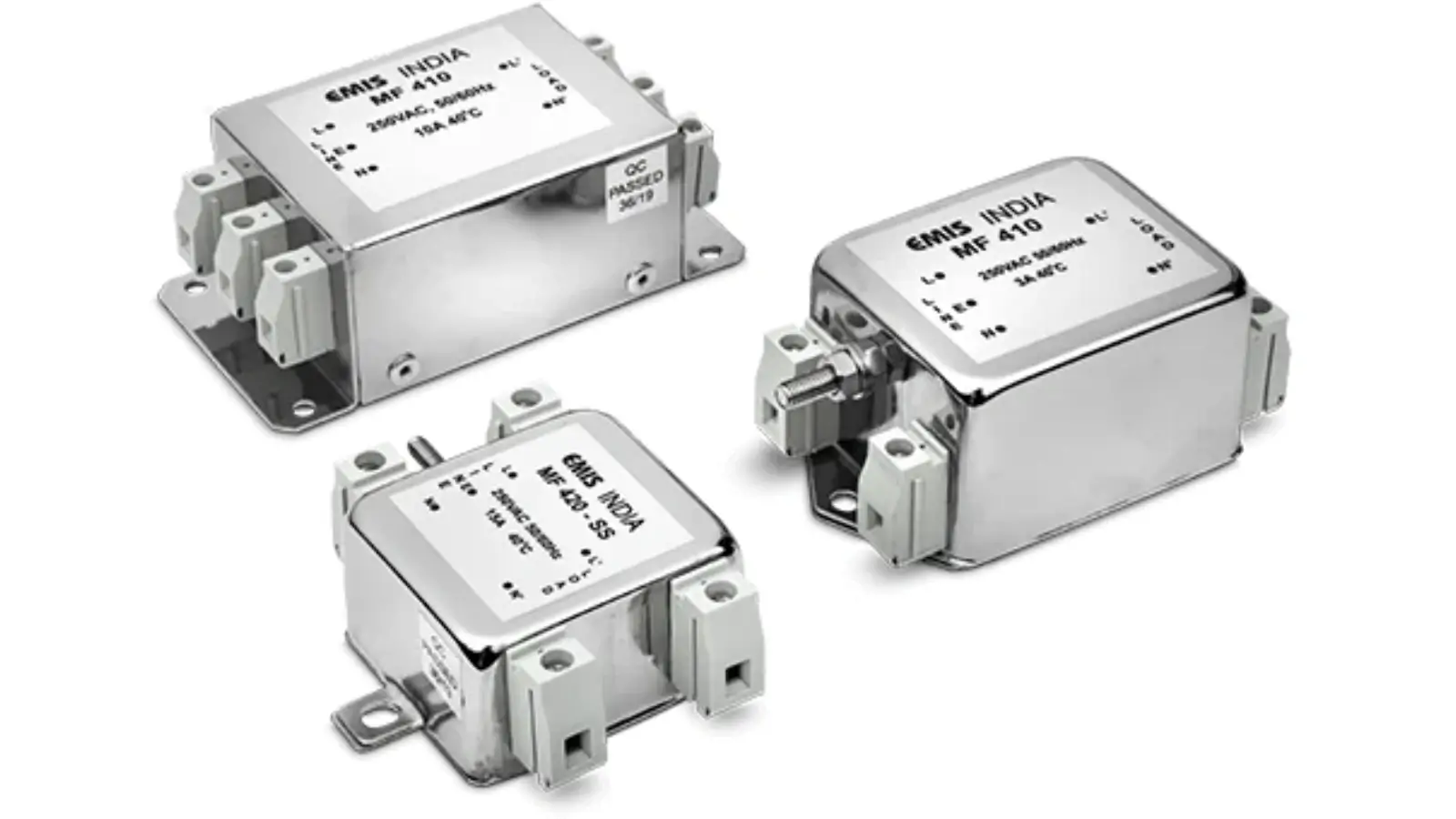


In today’s technology-pushed global, each digital tool from your telephone to commercial automation structures—relies upon clean, interference-free electric electricity. That’s where EMI filters come in. Short for Electromagnetic Interference filters, those small yet powerful components are the unsung heroes that make sure devices feature smoothly without disrupting every difference.
Imagine an international without an emi filter manufacturer. Your Wi-Fi might drop whenever you turn on the microwave, your scientific system may want to malfunction because of stray signals, and touchy commercial equipment should behave erratically. These filters act like bouncers at a club—keeping unwanted “noise” out and making sure that best easy, solid electric signals bypass via.
For groups and industries, the excellence of these filters is important. That’s why choosing the proper EMI clear out manufacturer isn’t just about value; it’s approximately reliability, performance, and compliance with worldwide requirements. The great producers produce filters that meet strict guidelines set by using organizations like ISO, UL, and CE, ensuring that the system remains compliant and safe.
An EMI clear out is a digital tool designed to suppress unwanted electromagnetic noise which can interfere with the proper operation of an electrical system. Typically positioned at the input of energy components, these filters block excessive-frequency noise either getting into or leaving a tool.
At its center, an EMI clear out combines inductors, capacitors, and resistors arranged in particular configurations. The inductors act as roadblocks for high-frequency noise, at the same time as capacitors divert that noise away from sensitive circuits. Together, they make sure that the strength coming into a device stays easy and solid.
There are two primary sorts of interference that EMI filters deal with:
Differential mode interference – caused by the voltage distinction between conductors.
Common mode interference – caused by undesirable noise appearing equally on each trace relative to the ground.
EMI filters are utilized in nearly each industry, from telecommunications and automotive to aerospace and medical gadgets. Without them, electronic systems might continuously be prone to overall performance degradation or general failure due to electromagnetic disturbances.
In the virtual age, devices are becoming more compact, quicker, and smarter—however this development comes with a trap: increased electromagnetic noise. Each circuit, processor, or energy delivery emits a few levels of EMI, and when more than one device performs close to each other, interference turns into a main issue.
For example, consider a health center filled with sensitive scientific instruments. A simple electromagnetic disturbance could cause mistakes in a patient display or disrupt imaging devices. The identical applies to aviation systems, wherein signal interference can compromise communique and navigation.
EMI filters guard these systems by making sure that handiest the favored frequencies pass via. By filtering out unwanted electric noise, they:
In quick, EMI filters aren’t simply non-obligatory—they’re mandatory for safety, compliance, and reliability.
Before diving deeper into the producing side, it’s vital to recognize the foundation of the trouble—electromagnetic interference itself. EMI refers to unwanted disturbances that affect electrical circuits because of electromagnetic radiation or conduction. These disturbances can originate from herbal resources (like lightning) or guy-made ones (like switching devices, cars, or communication transmitters).
In easy terms, EMI is like background noise that disturbs the communique between your devices. It might not always be substantial without delay, however over time, it can motivate records loss, signal degradation, or even general gadget failure.
Both sorts are harmful, and controlling them is the obligation of both designers and EMI to clear out producers.
Several elements make a contribution to EMI in electric structures. Here are a number of the maximum not unusual resources:
Switching Power Supplies: These are amongst the largest culprits, as they unexpectedly transfer modern on and stale, generating high-frequency noise.
Motors and Relays: The sparks and switching actions in these devices create transient noise indicators.
Wireless Communication Devices: Phones, Wi-Fi routers, and radios emit electromagnetic waves which can overlap with other gadgets’ frequencies.
Industrial Equipment: Heavy-duty equipment and variable frequency drives produce sturdy electromagnetic fields.
Lighting Systems: LED drivers and fluorescent lighting frequently generate carried out EMI.
Preventing EMI starts off evolving on the layout stage. Manufacturers combine shielding, grounding, and filtering strategies to decrease interference. But it’s the EMI filter out producer who performs the vital position of ensuring that those filters are robust enough to deal with diverse EMI sources and environments.
In a technology in which digital gadgets dominate every corner of our lives, the importance of EMI filters can not be overstated. These small but potent additives act as the guardians of cutting-edge generation, shielding touchy systems from the damaging effects of electromagnetic interference. From customer electronics to critical aerospace packages, EMI filters ensure that the system operates appropriately, efficiently, and in complete compliance with international requirements.